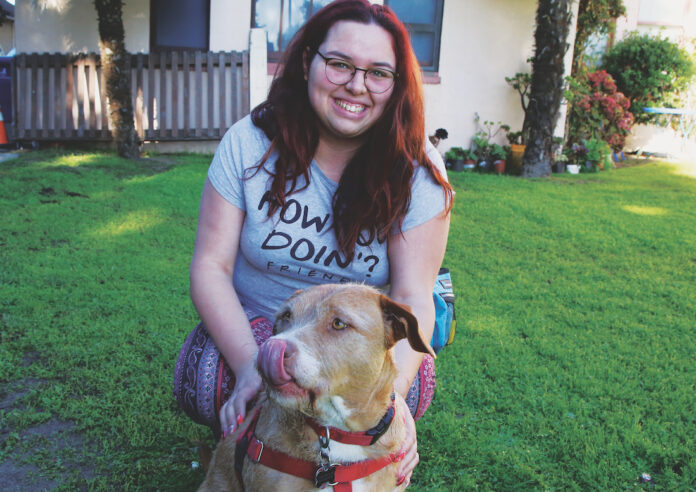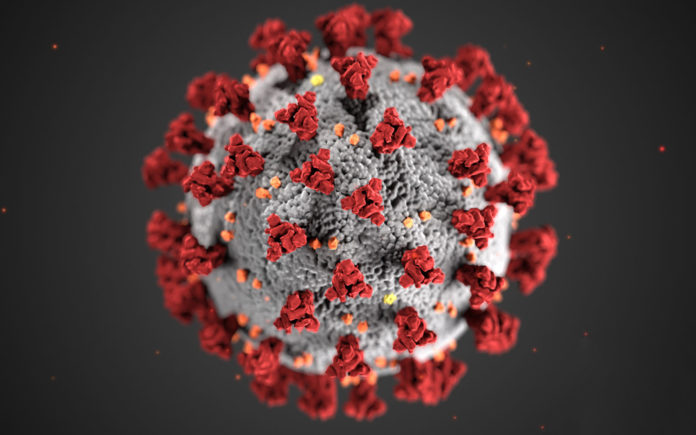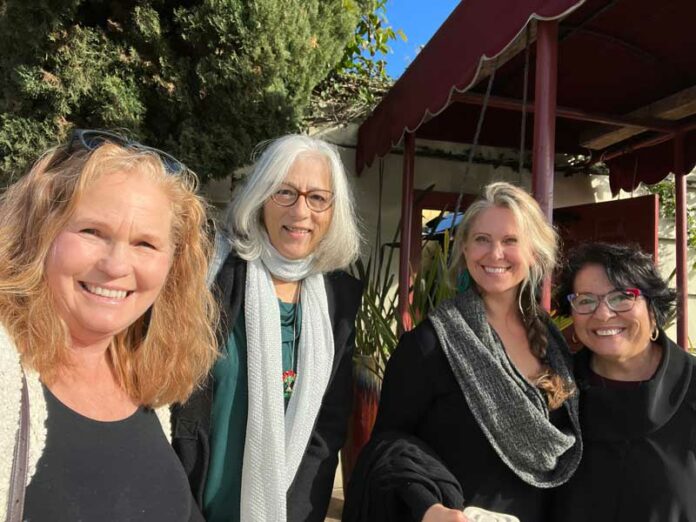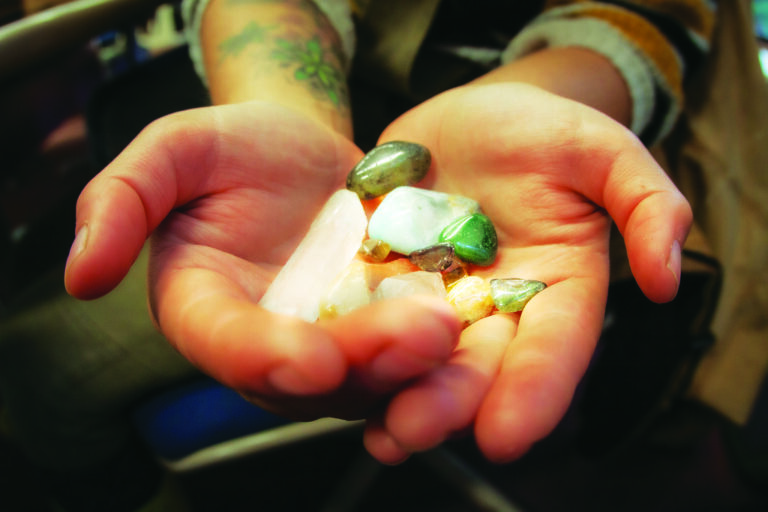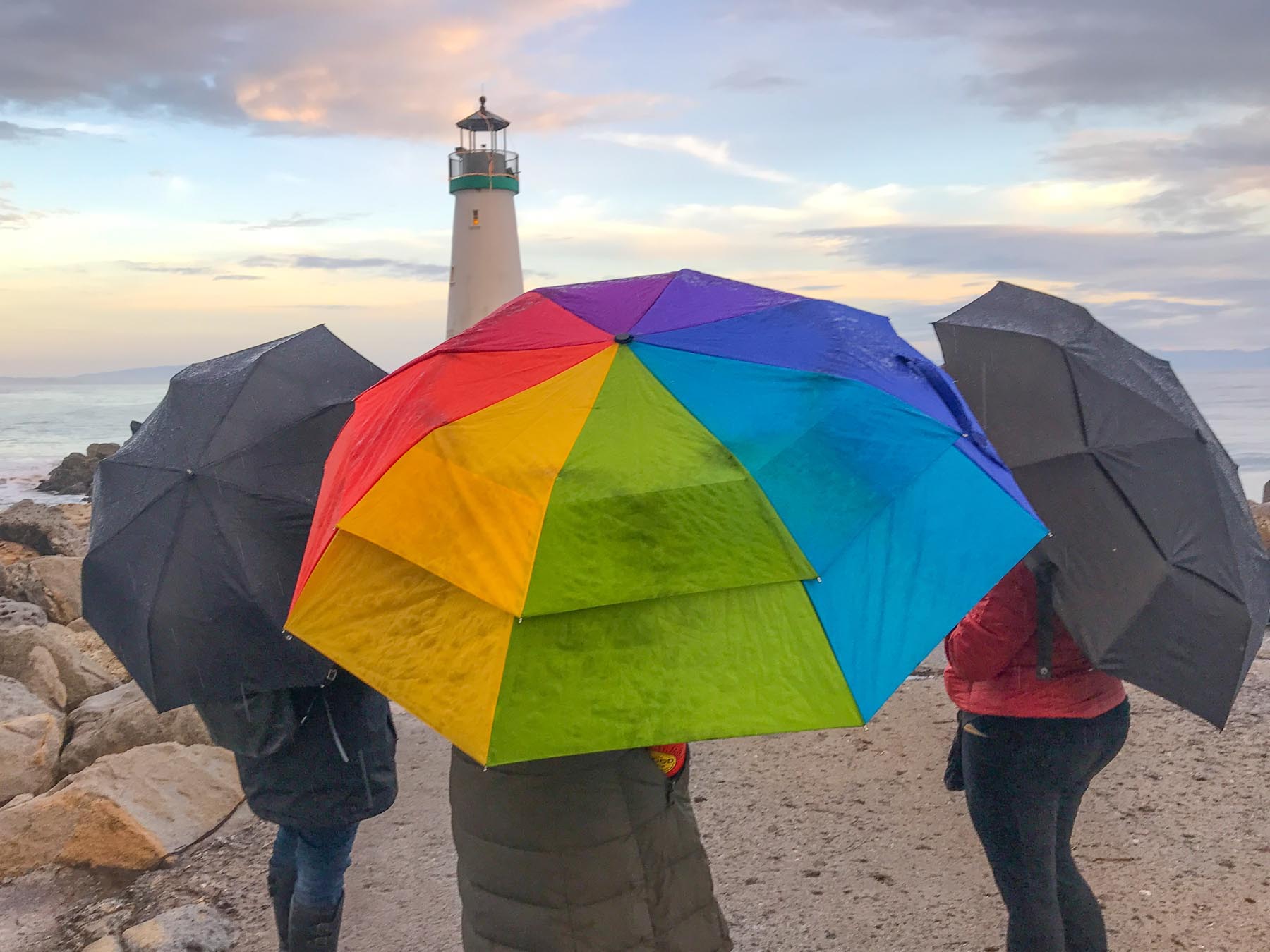A weekly guide to what’s happening.
ARTS AND MUSIC
CELTIC TEEN BAND PROGRAM Teenage musicians ages 12-19 play in an ensemble, developing musicianship, flexibility and musical creativity. Participants work on music from Ireland, Scotland, Brittany, Norway, Sweden and the United States, in addition to modern and more quirky pieces. Instruments welcomed include fiddle, viola, flute, tin whistle, pipes, cello, upright bass, guitar, mandolin, banjo, dulcimer, autoharp, ukulele, Celtic harp, accordion and percussion. Students must have at least two years of experience on their instrument and must be able to read sheet music and chord symbols. The group meets twice a month Wednesday afternoons from 3:30-5pm at the London Nelson Center with fiddle teacher John Weed. Cost is free-$10 per session on a sliding scale. Potential students are welcome to come for a session and see if they like it—no obligation! More information and registration at CommunityMusicSchool.org/teenband. Wednesday, Jan. 5, 3:30pm. London Nelson Community Center, 301 Center St., Santa Cruz.
COMMUNITY
AN EVENING WITH AL FRANKEN As far as anyone knows, Al Franken is the only U.S. Senator who was also one of the original writers for Saturday Night Live. During his fifteen seasons with SNL, Franken won five Emmys for writing and producing. He’s also the author of four New York Times bestsellers, including Rush Limbaugh is a Big Fat Idiot and Other Observations, Lies and the Lying Liars Who Tell Them–A Fair and Balanced Look at the Right and Al Franken, Giant of the Senate. Franken served Minnesota in the Senate from 2009-2018, besting his first opponent, incumbent Senator Norm Coleman, by 312 votes. He won his second election by well over 200,000 votes. Franken served on the Judiciary, Energy, Indian Affairs and Health, Education, Labor and Pensions committees where he routinely embarrassed poorly prepared witnesses and was a fierce opponent of media concentration, mandatory arbitration and Betsy DeVos. The Al Franken Podcast is one of the nation’s top-ten politics and public affairs podcasts with guests like Malcolm Nance, Sarah Silverman, Paul Krugman, Chris Rock and more. His political action committee, Midwest Values PAC, supports progressive Democrats, voting rights and a host of other good, non-political things. For more information, visit cityofsantacruz.com/Home/Components/Calendar/Event/19580/3922. Friday, Jan. 7, 8pm. Santa Cruz Civic Auditorium, 307 Church St., Santa Cruz.
CRUZ GAMBIT CHESS CLUB Got Chess? Chess is a fun game of strategy which improves focus and problem-solving skills. Beginner lessons utilize puzzles, timed play, chess notation and alternative play format to create a diverse and fun learning environment. Participants will learn the rules of the game and basic approaches for positionally-sound play. Middle-game concepts such as pins, skewers and discovered attacks will be introduced. Camp is free and requires registration in advance at scparks.com. Hurry, space is limited, before it’s checkmate! Instructors: Andy Kotik & Aiden Rector. Wednesday, Jan. 5, 3:30pm. Thursday, Jan. 6, 3:30pm. Friday, Jan. 7, 3:30pm. La Selva Beach Branch Library, 316 Estrella Ave., La Selva Beach.
DOWNTOWN SANTA CRUZ ANTIQUE FAIRE The Santa Cruz Antique Faire is on the second Sunday of every month. Vendors offer an eclectic blend of antiques and unique items, vintage clothing, collectibles, LP’s, clothing, furniture, memorabilia, home decor and more! Sunday, Jan. 9, 9am-5pm. Downtown Santa Cruz Antique Faire, Lincoln St. between Pacific and Cedar Streets, Santa Cruz.
GROUPS
COMMUNITY PILATES MAT CLASS Come build strength with us. This very popular in-person community Pilates Mat Class in the big auditorium at Temple Beth El in Aptos is in session once again. Please bring your own mat, small Pilates ball and theraband if you have one. You must be vaccinated for this indoor class. Suggested donation of $10/class. Thursday, Jan. 6, 10am. Tuesday, Jan. 11, 10am. Temple Beth El, 3055 Porter Gulch Road, Aptos.
COMPASSIONATE FRIENDS OF SANTA CRUZ Please see our website for current info and to join our email list for meeting links at tcfsantacruz.com. Parents of a child who died at any age, from any cause, any length of time ago, are invited to join The Compassionate Friends of Santa Cruz for our monthly grief support meeting. Opening circle followed by smaller connection groups. Sharing is optional. Grief materials are available. Bereaved grandparents and adult siblings are also welcome. Non-religious. Monday, Jan. 10, 7-8:30pm. Santa Cruz Quaker Meetinghouse, 225 Rooney St., Santa Cruz.
ENTRE NOSOTRAS GRUPO DE APOYO Entre Nosotras support group for Spanish speaking women with a cancer diagnosis. Meets twice monthly. Registration is required, please call Entre Nosotras at 831-761-3973. Friday, Jan. 7, 6pm. WomenCARE, 2901 Park Ave., Suite A1, Soquel.
MEMBER MEET-UP: MONARCHS AT NATURAL BRIDGES Natural Bridges State Beach is a vital overwintering location for monarchs. The Park’s Monarch Butterfly Natural Preserve is filled with winter-blooming eucalyptus trees that shelter and provide nectar to the monarchs during the winter months. During January’s Member Meet-Up with the Santa Cruz Museum of Natural History, we will be touring the Preserve at Natural Bridges, spotting the remaining clusters of monarchs before they leave Santa Cruz in search of food. Martha Nitzberg, State Park Interpreter 1, will share details about monarch lifecycles, threats to monarchs and what we can do to help. We will also see a monarch restoration project with Groundswell Coastal Ecology and the California State Parks Foundation in action. Not yet a Member? Join today. To learn more, visit santacruzmuseum.org/get-involved/membership. This program is in support of our new exhibit, Pollinators: Keeping Company With Flowers, on view Jan. 15-March 6. Saturday, Jan. 8, 11am-noon. Natural Bridges State Beach, Swanton Blvd. & W Cliff Drive, Santa Cruz.
WOMENCARE ARM-IN-ARM WomenCARE Arm-in-Arm Cancer support group for women with advanced, recurrent, or metastatic cancer. Meets every Monday, currently on Zoom. Registration is required, call WomenCARE at 831-457-2273. Monday, Jan. 10, 12:30pm.
WOMENCARE TUESDAY SUPPORT GROUP WomenCARE Tuesday Cancer support group for women newly diagnosed and through their treatment. Meets every Tuesday currently on Zoom. Registration required, call WomenCARE 831-457-2273. Tuesday, Jan. 11, 12:30-2pm.
OUTDOOR
ROCKIN’ POP-UP: SEASONAL CHANGES OF SEA ICE (ONLINE) Blanketing millions of square miles, sea ice is frozen seawater that floats on the ocean surface, forming and melting with the polar seasons. Vital to the marine mammals and birds for which they are habitats, sea ice can also play a crucial role in regulating climate. Join the Geology Gents, Gavin Piccione and Graham Edwards, for monthly conversations about rocks live on Facebook. Each month we’ll explore a different geologic topic, from Santa Cruz formations to tips for being a more effective rockhound. For more information and the live Facebook video link, visit santacruzmuseum.org/1-5-rockin-pop-up-seasonal-changes-of-sea-ice. Note: you do not need to have a Facebook account to be able to watch the program live. Wednesday, Jan. 5, noon-12:30pm.
VIRTUAL FUNGUS FAIR Due to Covid-19, the Fungus Fair is changing its format and going virtual this year. Instead of crowding inside, we are taking it into the field! We will be offering two-hour local forays; two per day on January 8 and 9, 15 and 16 at 9am and 1pm. Cost is $5 per person with children under 12 free when accompanied by a paying adult. Limit 30 persons/foray. Mushroom identification and culinary event to follow each foray. Times, details and approximate locations, and reservations can be found on our website: ffsc.us. The exact location will be emailed to registered participants of each foray. There will also be free evening talks on Zoom by mushroom experts at 7pm on Jan. 10 through 14. Our website, ffsc.us, will have the link to the Zoom meetings and more information. We hope you can join us!



